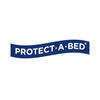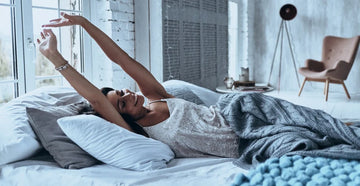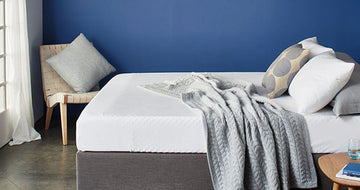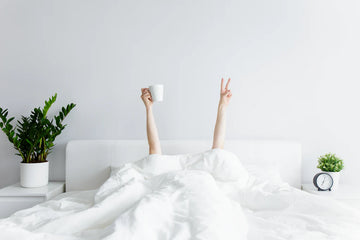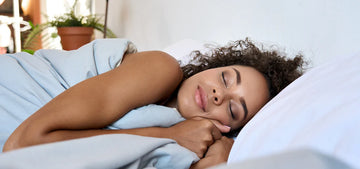Tips for Better Sleep:
- Maintain a consistent sleep schedule to strengthen your natural sleep-wake cycle.
- Ensure you get the age-appropriate amount of sleep; adults typically require 7-9 hours.
- Manage your sleep environment by dining at least two hours before bed, limiting caffeine and alcohol intake in the evening, and winding down with relaxing activities like reading or a bath.
“Another reason people get lower-quality sleep following alcohol is that it blocks REM sleep, which is often considered the most restorative type of sleep. With less REM sleep, you’re likely to wake up feeling groggy and unfocused.” - SleepFoundation.org
- Keep your bedroom conducive to sleep by maintaining a cool temperature (ideally 16-18°C) and using blackout curtains to darken the space.
“A cool 16-18°C (60-65°F) is thought to be an ideal temperature in a bedroom. Temperatures over 24°C (71°F) are likely to cause restlessness, while a cold room of about 12°C (53°F) will make it difficult to drop off.” - Sleep Council UK
- Use Protect-A-Bed® mattress protectors and pillow protectors to create an allergen-free zone, crucial for those with respiratory issues.
